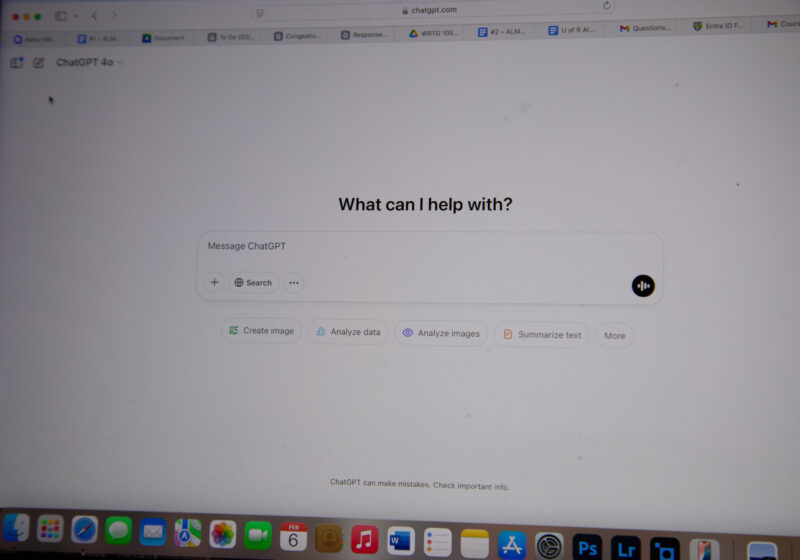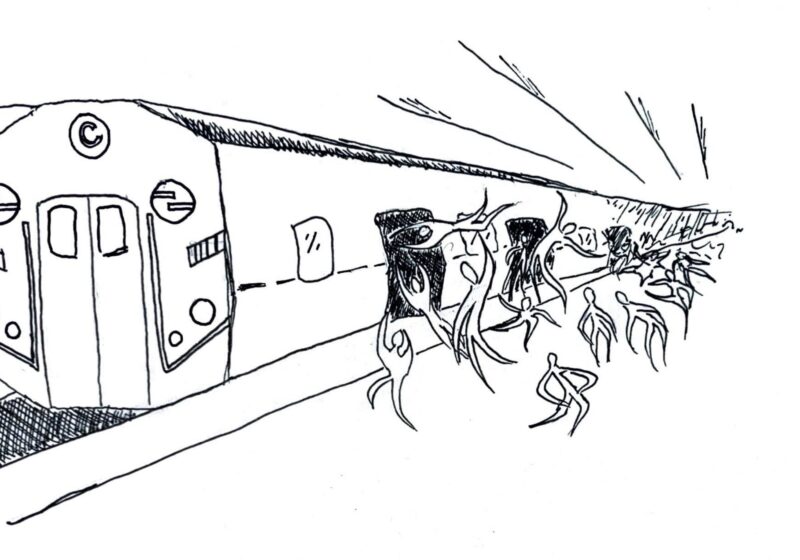In advertising, the adage goes: sex sells. No matter if you’re selling time shares or coconuts, automobiles or vacuums, there’s always a market for your boobs, your butt, your “Eight-Minute Abs.” So much of advertising is based on this premise, in fact, that even the most mundane objects are brought into the bedroom to induce their appeal.
But new research suggests that “sex sells” is not always the best advice for marketers who are hoping to spark sex drive and increase revenue –– and not just for decency’s sake (as your dainty grandmother might worry).
Psychologists from Iowa University Brad Bushman and Angelica Bonacci have argued that watching sex-drenched TV programs is actually linked with decreased memory activation, which is used when we make product purchase selections. Maybe you really are killing brain cells each time you watch Snooki hook up with a meathead.
Bushman and Bonacci placed a team of over 300 research participants in front of television screens and forced them to watch an episode of adrenaline programming — “La Femme Nikita” and World Wrestling Entertainment’s “Monday Night Raw” to name two of the acclaimed collection.
They then did the same with sexual episodes of programs like “Strip Poker” and “The Man Show” (on a side note, they would have to strap me down like the main character in “A Clockwork Orange” to get me to watch Howard Stern, one of the other enticing options).
Nonsexual commercials were strategically inserted into the program breaks. Then study subjects were quizzed on their recall of the advertisements.
It came as no surprise that participants forgot names and designs of the products they saw on the brief break between boob sets (we are rarely vigilant when watching commercials) but that viewers for sexual and violent programming forgot them more often.
So what does that mean? While it may seem ideal, from a marketing perspective, to place your commercial alongside a popular “porn-y” program (“Gossip Girl,” for instance) doing so is financially counter intuitive. Viewers are too distracted by the sexual storyline. They won’t remember to buy your brand.
This still leaves one question, though: If viewers are too distracted to remember your brand when sandwiched between two heaping helpings of breasts and car crashes, what happens when the videos are imbedded in neutral programs? Do we remember the brands better when they’re the standout sights between vanilla storylines?
According to Ellie Parker and Adrian Furnham of the Psychology Department of University College London in the United Kingdom — no. They ran a similarly devised experiment, running both neutral and sexy story lines, with neutral and sexy commercials between them. They discovered that brands that used coy sexual references or explicit imagery were not remembered any more effectively than their neutral competitors. Or, in short, sex doesn’t sell.
So what does this mean for the fate of sexual advertising?
If the tried and true aren’t useful in selling the smattering of products we have as options on our store shelves, when is it ever useful?
Parker and Furnham have an answer for that, too. It’s useful for selling manly products. Men were significantly more likely to recall racy advertisements than women, indicating that, surprise, it is a good idea to run commercials featuring girls bouncing on trampolines for guys who watch shows that feature girls bouncing on trampolines.
As roughly estimated, sex does not sell to both sexes — only men will keep watching.
The SmartWater brand, who you’d think would run clever advertisements, for all their self-important titling, recently posted billboards which featured a bottle of water and Jennifer Aniston’s naked posing. Nothing more, nothing less.
And when I pulled up this advertisement on my Google Chrome browser for closer inspection, I stared a good while before I felt another pair of eyes upon my page. Glancing to my left, I discovered my friend curiously eyeing Aniston’s bronzed body.
But not for very long.
She shrugged and went right back to work.



